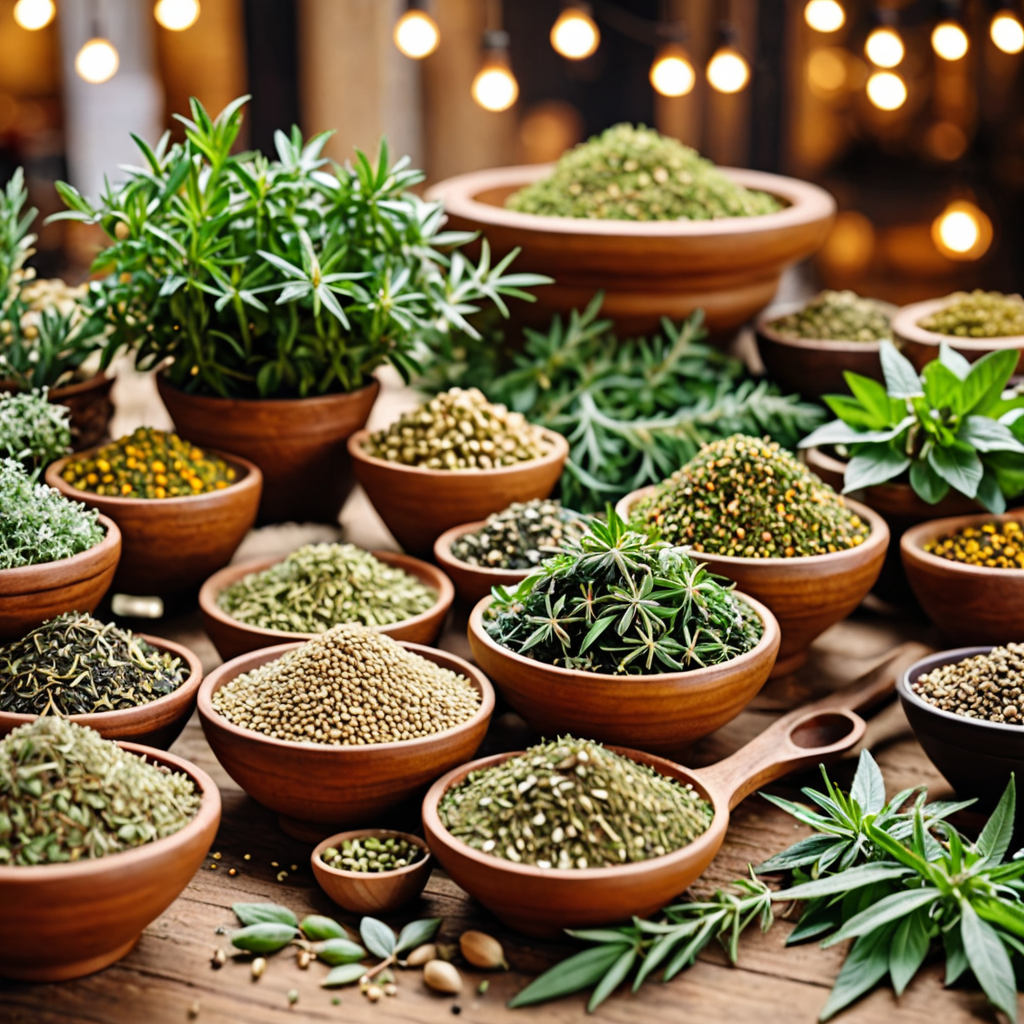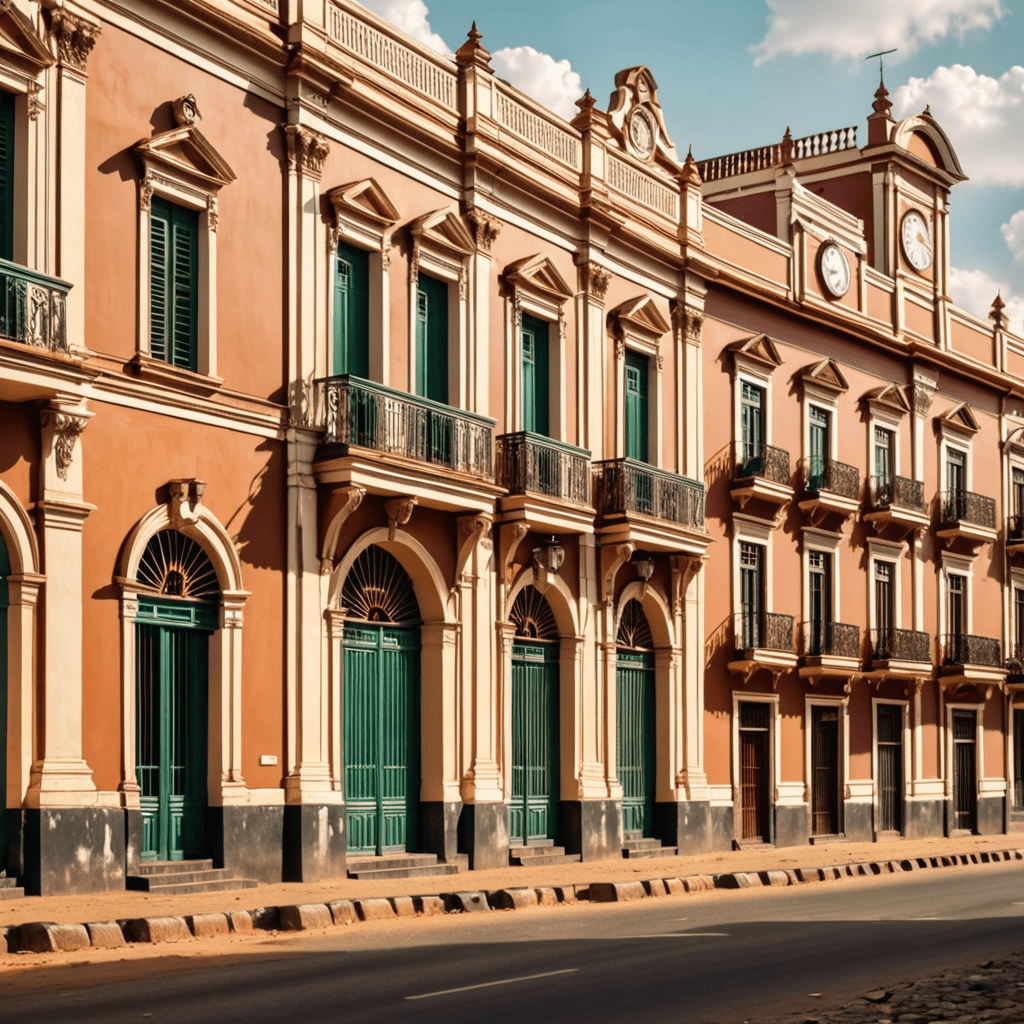
Sampling Traditional Algerian Herbs
Algeria, with its rich history and diverse culture, offers a unique experience for those eager to explore traditional herbs and flavors. Sampling traditional Algerian herbs is a delightful journey into the heart of North African cuisine.
1. Discovering Algerian Culinary Traditions
Algerian cuisine is a fusion of Berber, Arabic, Turkish, and French influences, creating a tapestry of flavors that tantalize the taste buds. The use of herbs plays a crucial role in defining the distinct taste of Algerian dishes.
2. Exploring the Aromas of Algerian Herbs
From the aromatic mint used in teas to the earthy blend of cumin and coriander in savory dishes, Algerian herbs add depth and complexity to local recipes. Sampling these herbs provides insight into the country’s culinary heritage.
3. Popular Algerian Herbs to Try
Some of the must-try herbs in Algerian cuisine include fresh parsley, fiery harissa, versatile coriander, and the unique blend of Ras el Hanout. These herbs not only enhance the flavors but also offer various health benefits.
4. The Art of Herbal Tea in Algeria
Herbal teas hold a special place in Algerian culture, with varieties like mint tea (known as “atai”) being a symbol of hospitality and tradition. Sampling these teas allows visitors to experience the warmth and generosity of Algerian hospitality.
5. Traditional Herb Markets in Algeria
Exploring the vibrant herb markets in cities like Algiers and Constantine is a sensory delight. The bustling souks offer a glimpse into the local way of life and provide an opportunity to sample and purchase a wide array of traditional herbs.
6. Health Benefits of Algerian Herbs
Beyond their culinary uses, Algerian herbs are known for their medicinal properties. Herbs like mint aid in digestion, while fenugreek is believed to have anti-inflammatory benefits. Sampling these herbs can offer a holistic approach to wellness.
7. Embracing the Flavors of Algerian Herbs
Sampling traditional Algerian herbs is not just about taste; it’s a journey of discovery and cultural immersion. Whether sipping mint tea in a bustling market or savoring a tagine infused with local spices, each bite and sip tells a story of Algeria’s vibrant culinary heritage.
FAQs About Sampling Traditional Algerian Herbs
What are traditional Algerian herbs?
Traditional Algerian herbs are natural plants and spices that are commonly used in Algerian cuisine and traditional remedies. These herbs are an essential part of Algerian culture and are known for their unique flavors and health benefits.
How can I sample traditional Algerian herbs?
You can sample traditional Algerian herbs by visiting local markets, spice shops, or herbal stores in Algeria. Alternatively, you can participate in guided culinary tours or herb-gathering experiences to learn about and sample these herbs firsthand.
What are some popular traditional Algerian herbs?
Some popular traditional Algerian herbs include mint, coriander, parsley, cumin, saffron, and fenugreek. These herbs are often used in Algerian dishes such as couscous, tajines, and savory pastries, adding depth of flavor and aroma to the cuisine.
Are traditional Algerian herbs used for medicinal purposes?
Yes, traditional Algerian herbs are not only used for culinary purposes but also for their medicinal properties. In Algerian culture, certain herbs are believed to have healing properties and are used in traditional medicine to treat various ailments and promote overall well-being.


